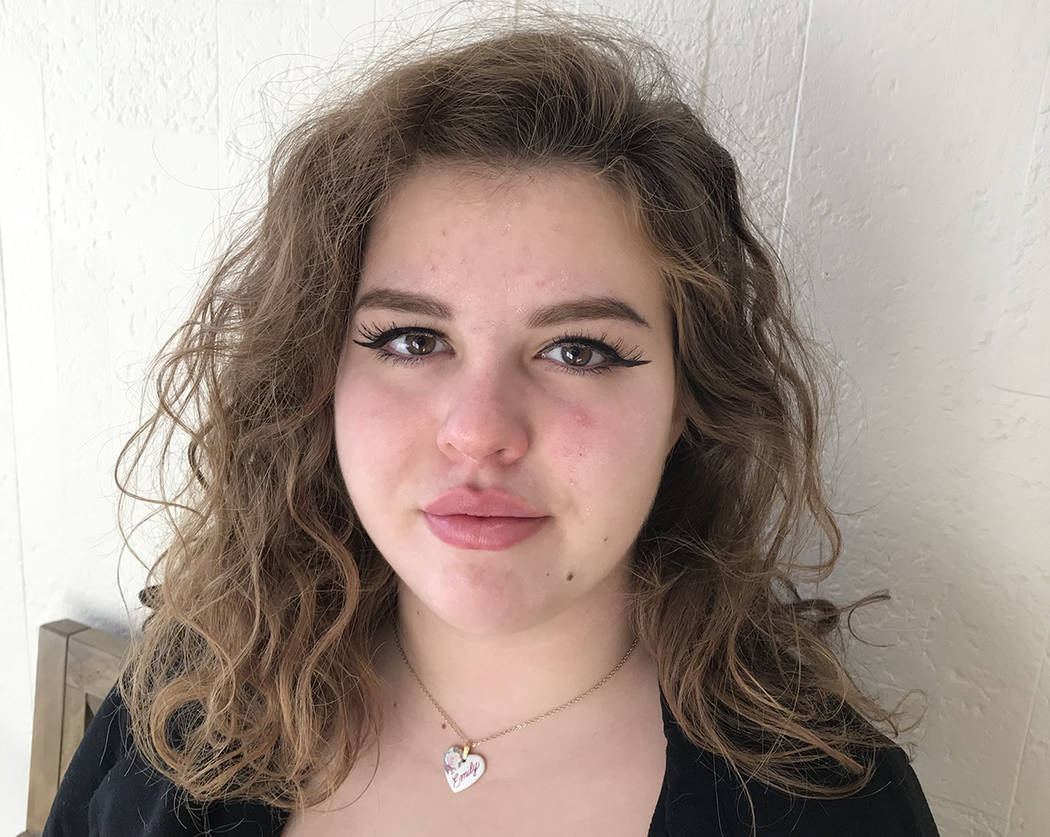Mental well-being critical to child’s success
Now that school’s back in session, we need to have another talk about mental health and school concerning the kids that you care about.
If you didn’t know by now, most children in Boulder City don’t really like living here. Instead of dismissing that, maybe you should listen to the reasons why your children are suffering.
I’ll do my best to explain the common, toxic traits I experienced while attending school here that made me dislike the town. Most of what I will mention will fall under the category of bullying. To clarify, all schools have problems with bullying. Kids can be mean, but that’s only because they’re allowed to be.
Bad behavior is learned; nobody is innately “mean-spirited.” When children are raised in a household where it’s common to belittle others, especially those outside of their family, they will copy that behavior.
In school, I saw a lot of bullying due to a lack of understanding or disagreement with what they saw or heard. The most common bullying had to do with appearance and a slightly different way of life or speaking.
Unfortunately, this is just as true when it comes to some of the adults here. Recently, I have seen similarities in language and topic.
So again, kids can be mean, but they’ve learned it from the adults.
I’ve seen others, myself included, deal with the bullying that is unfortunately very common here. However, it is a little different in Boulder City compared with places such as Henderson or Las Vegas. To start, most of the children here have or will grow up with each other starting at a very young age.
Conversely, children in a larger town get to experience different groups of peers since there are multiple elementary, middle and high schools. It’s typical that friend groups get split up when transitioning to different schools.
But, because children in Boulder City continue to be surrounded by those they’ve known for years, they unfortunately tend to feel stuck.
It seems that most people can get over random people being mean. But, when you grow up in a small town where a common phrase in school is “you all know each other,” it’s not easy to grow and change.
People already have a bias against you, whatever it may be. It may be one from the sixth grade that they still use to define you in your senior year.
With the lack of self-awareness in adults, combined with how small towns operate, growing up here is a challenge.
Unfortunately, over the years I’ve seen many people go from a fairly happy person to someone who’s insecure and abstracted. I’ve also seen a lot of these kids turn into young adults who are unapproachable. They did not learn this from their parents, but instead this behavior became a coping mechanism to deal with the people around them.
To make matters worse, because mental health issues, therapists and communicating our feelings are seen as “liberal, safe space and bleeding-heart ideologies,” these children are left to suffer.
Just remember, you cannot heal in a place that is hurting you.
When those feelings are left untreated, they will turn into depression. Your kids are more likely to deal with fatigue, insomnia, self-doubt, substance and alcohol abuse, self-harm, suicidal thoughts or actions, and more.
Additionally, it shouldn’t be a surprise that their grades suffer, as well. With no motivation, lack of self-esteem and a fear of judgment, of course, school is harder.
As the new school year begins, please care more about your children’s mental health. The people they’re around will affect that to some degree. You don’t want them dealing with unnecessary hardships because of that.
Personally, I know what it’s like to suffer with poor mental health. It makes everything about life hurt. Waking up, focusing, socializing, sleeping and continuing to do things I enjoy does hurt.
If you think that’s an acceptable way to live life, you’re wrong. Life can feel so much better than that.
Mental health is relatively a new subject that many people didn’t worry about it in the past. They were fine, right?
Normalized pain is still pain. Don’t make others live through it just because someone else did.
Emily Anderson is a student at the College of Southern Nevada. She can be reached at anderemily001@gmail.com.





